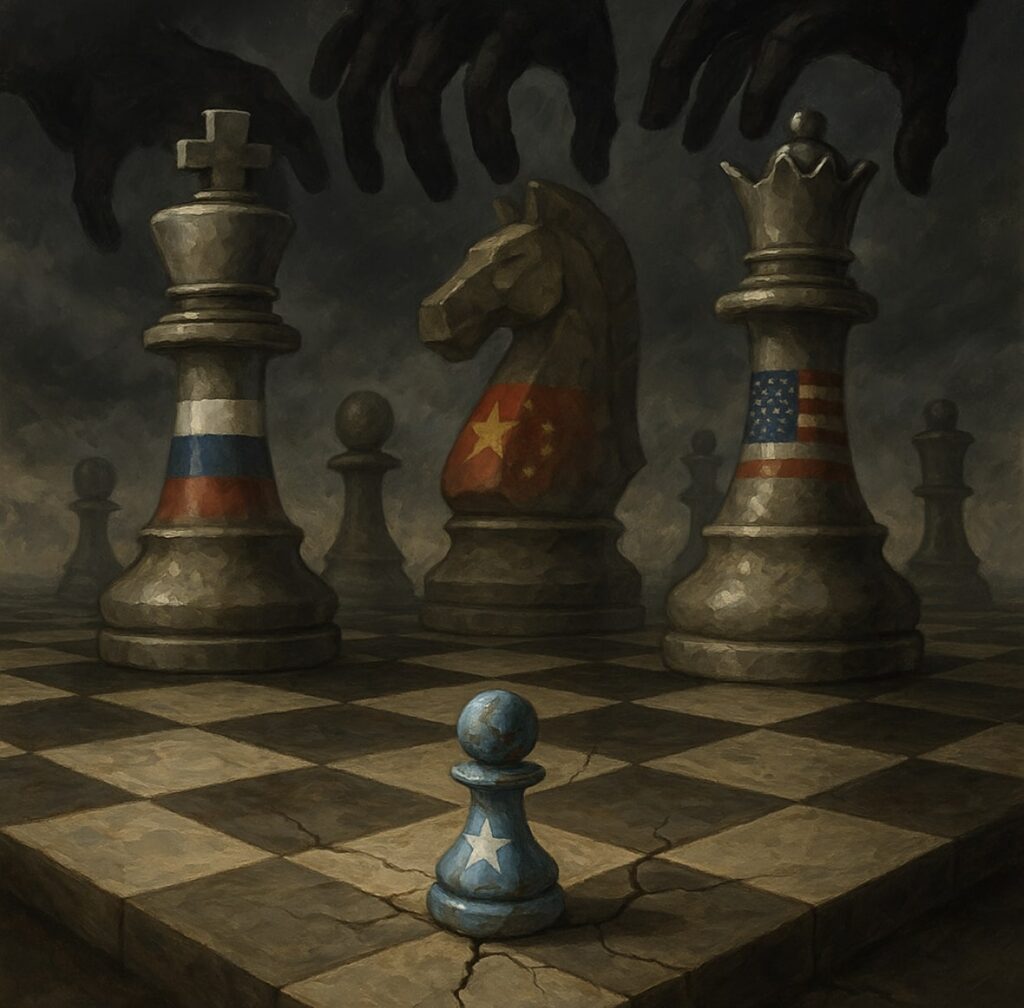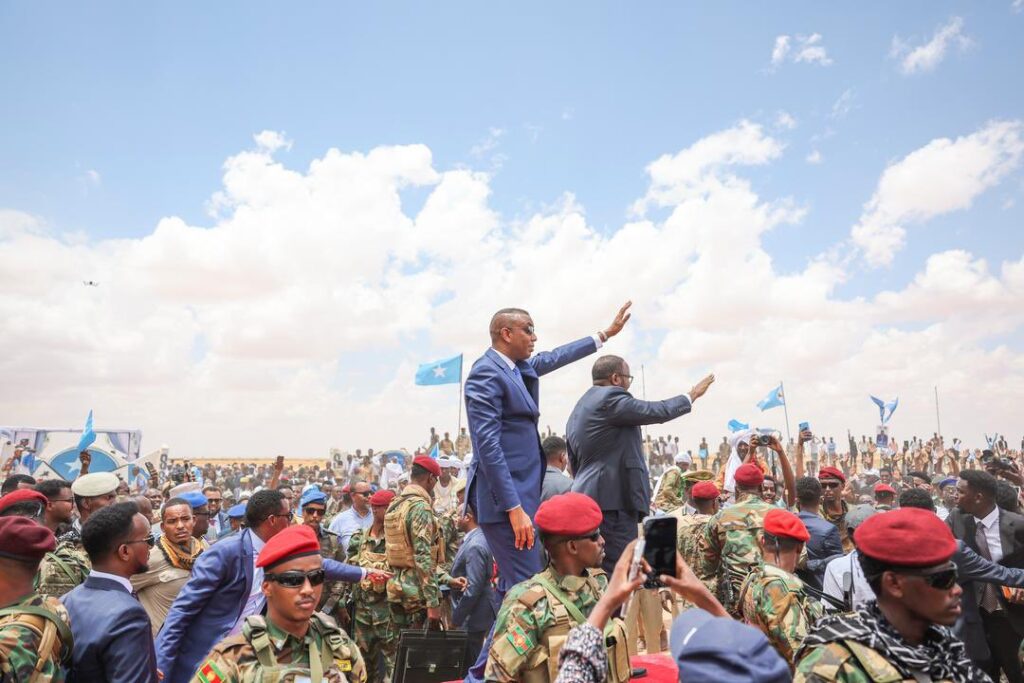Somalia’s security sector remains one of the most fragile in the world, plagued by deep-rooted issues that prevent the establishment of a stable and effective force. Despite efforts to rebuild security institutions, the system continues to suffer from political corruption, unfair promotion practices, and a severe lack of accountability and financial resources. Addressing these challenges is crucial to ensuring a long-term solution for peace and stability in Somalia.
Political Corruption in the Security Sector
One of the biggest obstacles to building a reliable security force in Somalia is political corruption. Instead of merit-based recruitment and decision-making, the security sector is often influenced by clan-based politics, favoritism, and personal interests. Political leaders interfere in security appointments, using the sector as a tool to consolidate their power rather than strengthen national stability.
Security forces, including the military and police, often receive directives based on political loyalty rather than professional duty. This has resulted in a security apparatus that is divided, inefficient, and incapable of tackling the threats posed by terrorist groups like Al-Shabaab. Corruption within the security sector also extends to the misuse of funds intended for salaries, equipment, and training, further weakening the forces and their morale.
Unfair Promotions and the Lack of Competent Leadership
Another major challenge is the unfair promotion system that prioritizes connections over competence. Many individuals in leadership positions within the security forces lack formal education, training, and leadership skills. Instead of selecting officers based on experience and ability, promotions are often given to those with strong political ties or clan affiliations.
This practice undermines discipline, professionalism, and efficiency within the security forces. When unqualified individuals are placed in leadership roles, they fail to implement effective strategies or motivate their personnel. As a result, Somalia’s security forces remain fragmented and ill-equipped to handle internal threats.
Lack of Accountability and Financial Resources
A strong security sector requires accountability, yet Somalia’s security institutions lack proper oversight and transparency. Officers accused of corruption, abuse of power, or negligence rarely face consequences. This lack of accountability fuels a culture of impunity, where crimes and mismanagement within the security sector go unpunished.
Additionally, financial constraints remain a significant barrier to reforming the security forces. Many officers go months without receiving their salaries, leading to low morale and even defections to militant groups. Without sufficient funding for training, modern equipment, and welfare, the security forces remain weak and ineffective.
The Need for Stability and Good Governance
Despite these challenges, there is a growing understanding that Somalia cannot achieve long-term peace without a stable and accountable security sector. Policies that promote good governance, anti-corruption measures, and institutional reforms are essential to creating a professional security force.
To achieve this, Somalia must prioritize: Merit-Based Recruitment and Promotions: Security positions should be awarded based on qualifications and leadership ability rather than political loyalty.
Financial Transparency: Ensuring that security forces receive their salaries and resources will improve efficiency and morale.
Accountability Mechanisms: Establishing independent oversight bodies to monitor and investigate misconduct within the security sector.
Strong Institutions: Building professional and independent security institutions that serve the nation rather than political interests.
A secure Somalia requires security forces that are well-trained, properly funded, and accountable to the people. Without these reforms, the cycle of insecurity, corruption, and instability will continue to hinder progress.





